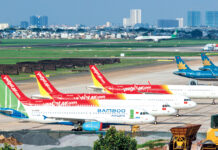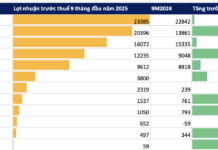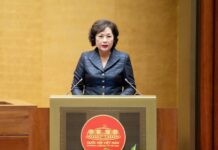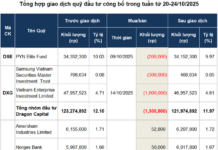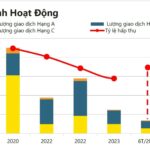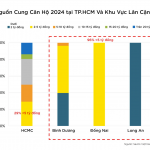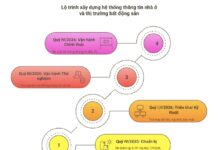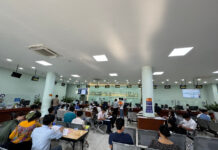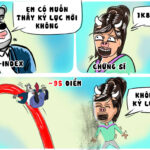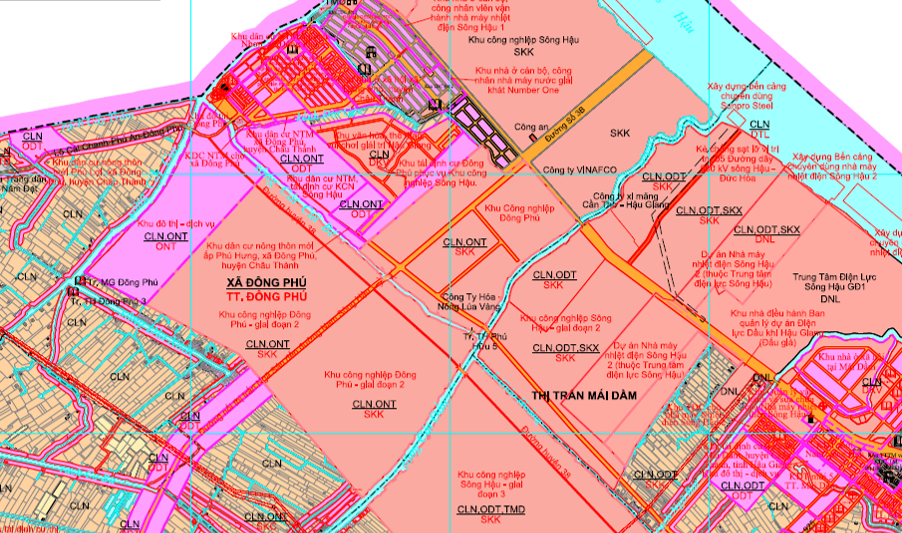Managing Ho Chi Minh City’s Thriving Apartment Landscape: Navigating Pet Ownership and Maintenance Fund Disputes
Ho Chi Minh City is home to 1,635 apartment buildings, including 474 constructed before 1975. Since the enactment of the 2014 Housing Law, over 340 new apartments have been put into use. The city boasts over 342,000 apartment units, accommodating more than 750,000 residents, including tens of thousands of foreigners.
Navigating Pet Ownership Rules
Many apartment buildings in the city have regulations prohibiting pet ownership, particularly dogs and cats. However, in practice, many residents continue to keep pets, often resulting in poor management and conflicts between neighbors.
Le Thi Bich Ngan, a resident of Le Thanh apartment building in Binh Tan district, shared her experience of dealing with unrestrained pet ownership. Despite building regulations, many residents keep dogs and cats, leading to frequent complaints within their chat group. Messages range from lost pets to unrestrained dogs and cats roaming the premises. Ngan recounted an incident where she and her daughter encountered a neighbor with two large dogs in the elevator, with the owner neglecting to muzzle the dogs, causing distress to her daughter.
Tran Van Tin, a resident of an apartment in Thu Duc City, expressed his love for pets but acknowledged the challenges they can pose in apartment buildings. He observed that some residents walk their dogs without muzzles in the evenings or on weekends, allowing them to defecate on the rooftop or within the compound. The constant barking also disrupts the peace and quiet of the community.
Despite residents’ complaints to the management, the lack of enforcement and clear penalties has led to ongoing issues without resolution.
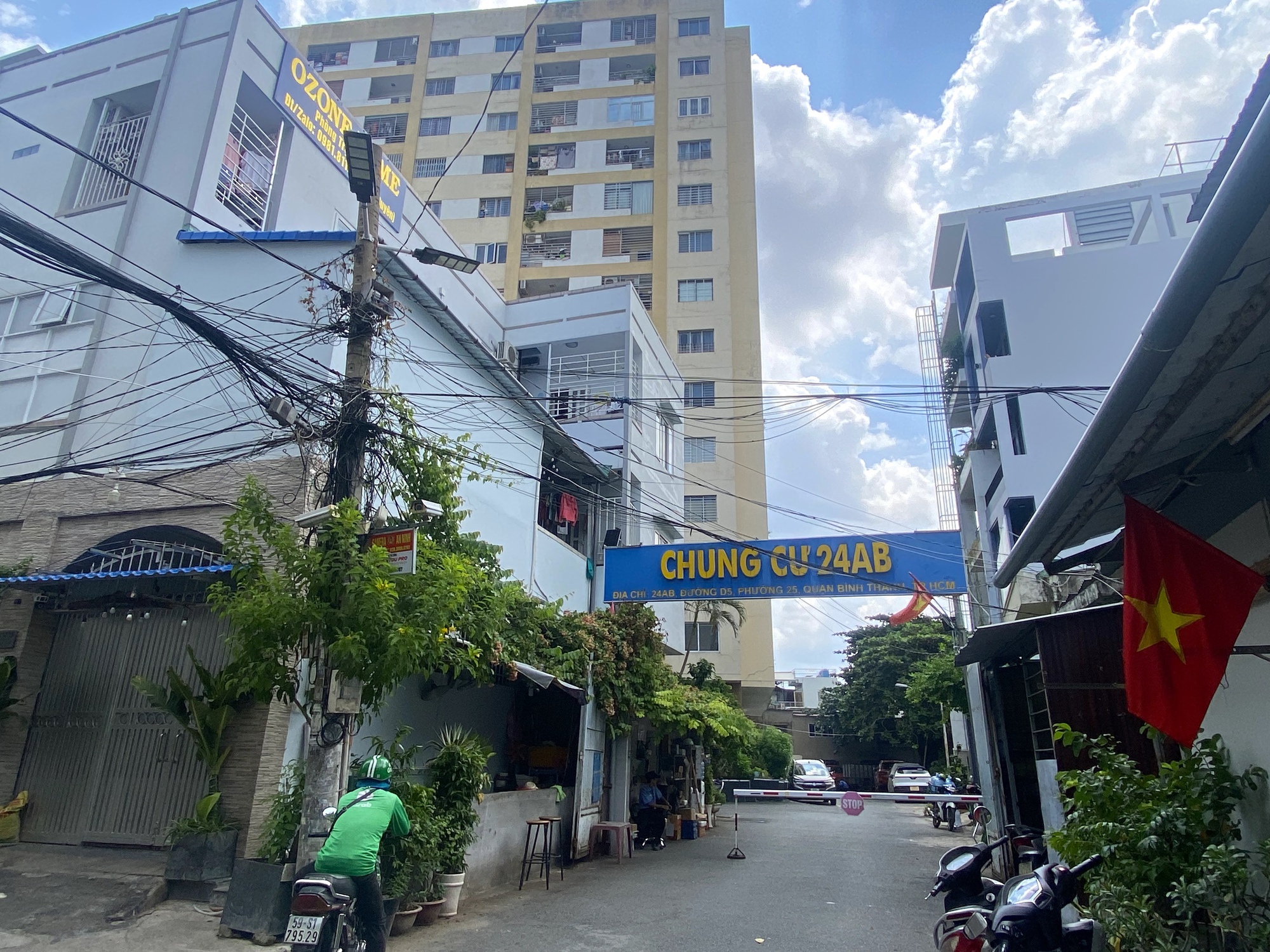
Residents of 24AB apartment building in Binh Thanh district faced water supply disruption due to disputes over maintenance fund contributions. [Caption Translation: QUỐC ANH]
Disputes Over Maintenance Fund Contributions
A dispute over maintenance fund contributions at the 24AB apartment building in Binh Thanh district led to a court case. In April 2024, the People’s Court of Binh Thanh district heard the case of Ms. L.T.T.T against the Management Board and the operation unit, An Gia Technical Service Solution Joint Stock Company.
Ms. T’s water supply was cut off in January 2023 due to non-payment of the maintenance fee of VND 150,000 per month since 2020. Despite multiple notifications, she refused to pay, arguing that the management had misused the fund. As a result, she was forced to rent another apartment in the building to maintain her livelihood.
The defendant asserted that their actions were in line with the building’s regulations and the Ministry of Construction’s circular on apartment management. They acknowledged that Ms. T had paid other fees, such as operation fees, electricity, and water charges, but emphasized that the maintenance fund was crucial for necessary repairs and upkeep.
During the trial, the court ordered a temporary emergency measure to restore Ms. T’s water supply. However, the Management Board and the operation unit failed to comply. The presiding judge warned that their non-compliance could lead to criminal liability, emphasizing the humanitarian aspect of ensuring access to basic utilities.
Fortunately, just before the April 30 holiday, the Management Board and the operation unit restored Ms. T’s water supply.
Enhancing Resident Responsibility
Attorney Tran Minh Hung of the Ho Chi Minh City Bar Association highlighted the need for clear regulations and enforcement regarding prohibited activities in apartment buildings, such as raising livestock or slaughtering animals. He suggested that pet owners should be held accountable for ensuring the safety and hygiene of their pets, including muzzling dogs and keeping them on leashes in common areas.
Given the challenges of enforcing rules, Mr. Hung proposed the need for explicit guidelines to address violations and raise awareness among pet owners about their rights and responsibilities within the apartment community.
Reevaluating the Maintenance Fund System
Attorney Truong Van Tuan offered insights into the ongoing debates surrounding maintenance funds in apartment buildings. He explained that the current system requires buyers or leaseholders to contribute 2% of the value of their apartment unit towards a maintenance fund, separate from other fees. This fund is intended for minor repairs, periodic maintenance, and replacement of common equipment to ensure the stable and safe operation of the building.
However, disputes over this fund are common, with 568 cases of developers failing to hand over the maintenance fund to the management board, and ongoing conflicts in 85 apartment buildings in Hanoi and Ho Chi Minh City alone. To address this, Mr. Tuan proposed eliminating the requirement to collect the 2% maintenance fund upfront. Instead, he suggested implementing a mechanism where owners contribute their share over five years or as needed for repairs, reducing the financial burden on apartment buyers and leaseholders.
By refocusing on the essence of maintenance funds—ensuring stable and safe operations—and shifting away from upfront payments, we can alleviate tensions and create a more sustainable model for apartment management.
Attorney Truong Van Tuan
The Ultimate Guide to Affordable Luxury: Redefining the 3-Billion-Dong Apartment as the New Norm in Ho Chi Minh City’s Property Market
The Ho Chi Minh City apartment market has witnessed a significant shift in pricing dynamics, and the criteria for segmenting it have evolved. What was once considered a mid to high-end apartment priced at VND 3 billion per unit is now deemed as affordable housing in the current market landscape.
“Năm 2024: Affordable Apartment Projects Continue to Thrive with Good Payment Policies”
“That’s the statement made by Giang Huynh, Deputy Director and Head of Market Research and S22M Department at Savills, during a meeting at the beginning of the Lunar New Year 2024.”

